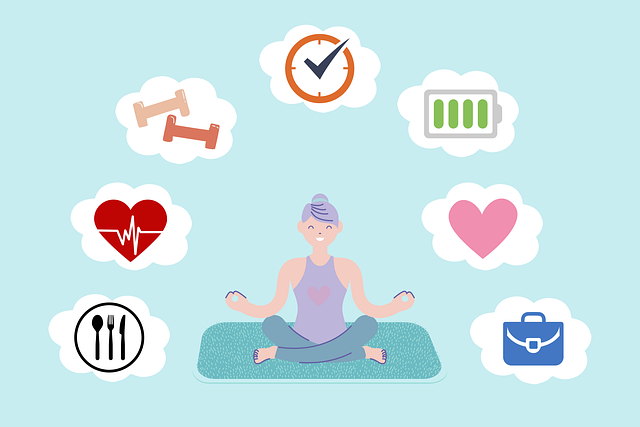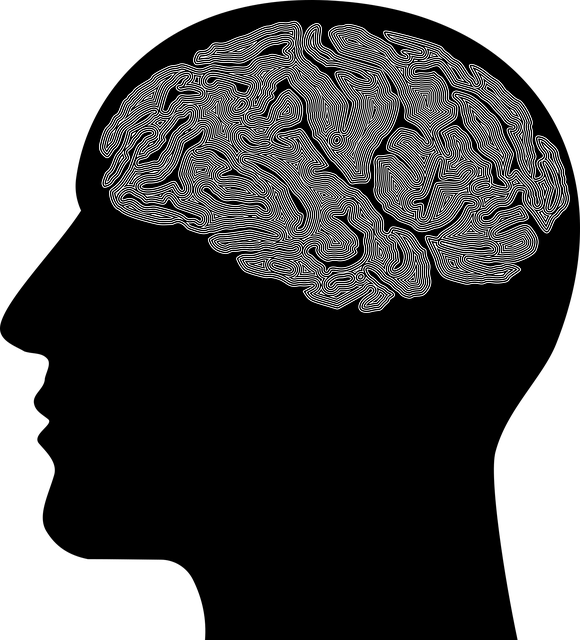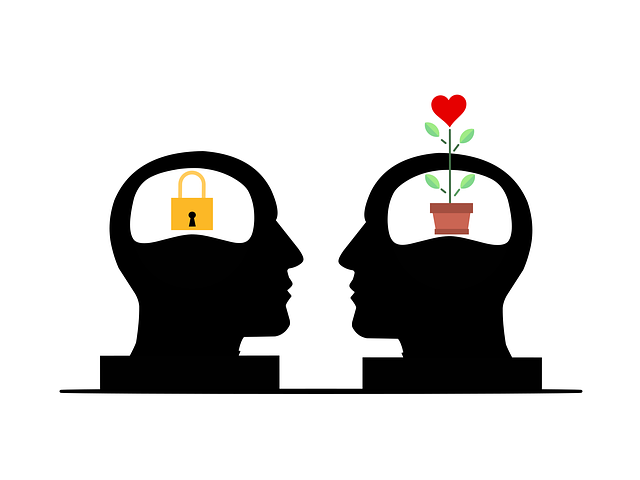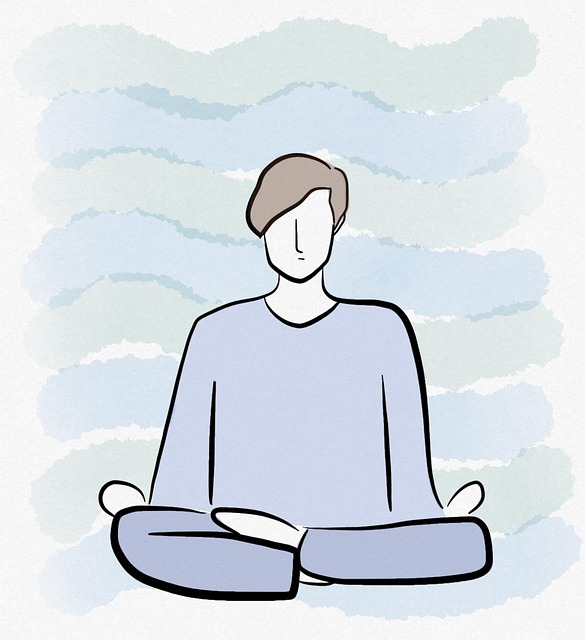Mindfulness meditation, a powerful tool in therapy for mental health conditions like Castle Rock Conduct Disorder Therapy, focuses on present-moment awareness and non-judgmental observation of thoughts and sensations. Practicing mindfulness helps individuals manage stress, regulate emotions, and break negative patterns. Through techniques like breath awareness and body scans, it enhances emotional well-being. Overcoming challenges like resisting stillness and maintaining a regular practice is key to reaping long-term benefits. Integrating mindfulness into daily life offers sustainable improvements in mental health, self-regulation, social skills, and community well-being, mirroring the positive impacts of Castle Rock Conduct Disorder Therapy.
“Unwind your mind and embrace a transformative journey with mindfulness meditation, a powerful tool for mental well-being. This comprehensive guide aims to illuminate the path to inner peace, especially for those familiar with Castle Rock Conduct Disorder Therapy. From understanding the fundamentals of mindfulness to mastering advanced techniques, we’ll explore practical steps for a successful practice. Learn how to set intentions, establish routines, navigate challenges, and seamlessly integrate mindfulness into your daily life, reaping long-term benefits.”
- Understanding Mindfulness Meditation and Castle Rock Conduct Disorder Therapy
- Preparing for Your Mindfulness Journey: Setting Intention and Establishing a Routine
- Techniques to Master: Breath Awareness and Body Scans
- Navigating Challenges: Common Obstacles and How to Overcome Them
- Integrating Mindfulness into Daily Life: Cultivating Sustainability and Long-Term Benefits
Understanding Mindfulness Meditation and Castle Rock Conduct Disorder Therapy

Mindfulness meditation has emerged as a powerful tool within the therapeutic landscape, particularly in addressing mental health concerns such as Castle Rock Conduct Disorder Therapy. This ancient practice involves bringing one’s attention to the present moment, observing thoughts and sensations without judgment. It encourages individuals to cultivate awareness, fostering a deeper understanding of their emotions and behaviors.
Integrating mindfulness with therapy, including Castle Rock Conduct Disorder Therapy, offers a holistic approach to healing. By focusing on the here and now, individuals can learn to manage stress, regulate emotions, and break destructive patterns. Trauma Support Services often emphasize mindfulness as a mechanism for processing traumatic experiences, promoting resilience, and enhancing overall well-being. This ancient practice, when combined with modern therapeutic techniques, provides an effective way to navigate complex emotional landscapes and support mental health recovery.
Preparing for Your Mindfulness Journey: Setting Intention and Establishing a Routine

Embarking on a mindfulness journey is an act of self-care that can transform your daily life. Before you begin, setting an intention for your practice is key. Consider what brings you to this path—is it stress reduction, improving focus, or cultivating emotional balance? Having a clear purpose will guide your sessions and help you stay motivated. Think of it as building a foundation for your Castle Rock conduct disorder therapy; mindfulness can be a powerful tool in managing behavioral challenges.
Establishing a routine is another vital step. Consistency breeds habit, and before long, your practice will become an integral part of your daily or weekly schedule. Start small, perhaps with just 5–10 minutes each morning or evening, and gradually increase the duration as you grow more comfortable. Regularity ensures that you reap the benefits of stress reduction methods and develops self-care practices into a lifelong habit. This dedication can even influence public awareness campaigns development around mental health, as informed individuals become advocates for their well-being.
Techniques to Master: Breath Awareness and Body Scans

Mastering mindfulness meditation involves honing two key techniques: breath awareness and body scans. Beginning with breath awareness, focus on your inhalation and exhalation, noticing the rhythm and sensation as air fills your lungs and moves through your nasal passage. This simple act of observation calms the mind and cultivates a sense of presence in the current moment, which is fundamental to mindfulness practice.
Body scans, another powerful technique, involve mentally traversing your body from head to toe or vice versa, paying attention to any sensations—tensions, relaxations, prickling feelings, warmth—without judgment. This practice not only heightens self-awareness but also facilitates a deeper connection with your physical being, aiding in the burnout prevention and emotional well-being promotion techniques that are essential for mental health professionals. Effective body scans can even contribute to effective risk management planning for mental health professionals, helping them stay grounded and attuned during challenging situations like treating clients with issues akin to Castle Rock Conduct Disorder Therapy.
Navigating Challenges: Common Obstacles and How to Overcome Them

Navigating Challenges: Overcoming Common Obstacles in Mindfulness Meditation
One of the greatest challenges in mindfulness meditation practice is combating the natural tendency to resist stillness and silence. In today’s fast-paced world, our minds are often bombarded with constant stimuli, making it hard to find moments of tranquility. The key here is to remember that mindfulness isn’t about stopping thoughts but observing them without judgment. With consistent practice, individuals can learn to let go of the need to control their minds and embrace the present moment.
Another common hurdle is maintaining a regular meditation routine. Many people struggle with consistency due to busy schedules or lack of motivation. To overcome this, integrating mindfulness into daily life through simple practices like mindful breathing exercises or compassion cultivation can be beneficial. Incorporating self-care routines that include meditation alongside activities such as Social Skills Training and developing a consistent Self-Care Routine for Better Mental Health can help make meditation a sustainable habit. Remember, even brief moments of mindfulness throughout the day can contribute to long-term benefits, especially when combined with Castle Rock Conduct Disorder Therapy techniques.
Integrating Mindfulness into Daily Life: Cultivating Sustainability and Long-Term Benefits

Integrating mindfulness into daily life is a powerful strategy for cultivating sustainability and long-term benefits, extending far beyond the confines of a meditation cushion. It’s about embedding awareness in every aspect of our routines, from morning rituals to work interactions, and even leisure activities. By doing so, we transform ordinary moments into opportunities for presence and insight. For instance, mindful eating encourages us to savor each bite, enhancing digestion and fostering a deeper connection with hunger cues. Similarly, incorporating mindfulness during tasks like walking or gardening cultivates a sense of calm and focus.
This holistic approach aligns with the principles of Castle Rock Conduct Disorder Therapy, emphasizing self-regulation and emotional intelligence. Regular practice can lead to improved mental health policy analysis and advocacy, enabling individuals to navigate challenges more effectively. Moreover, it facilitates social skills training by enhancing empathy and communication. Through community outreach program implementation, mindfulness can be introduced as a powerful tool for stress reduction and overall well-being, benefiting diverse populations.
Mindfulness meditation, as a key component of Castle Rock Conduct Disorder Therapy, offers a powerful tool for personal growth and well-being. By integrating practices like breath awareness and body scans into daily routines, individuals can overcome challenges and cultivate sustainability. Understanding and preparing for this journey, navigating obstacles, and recognizing the long-term benefits will enable folks to embrace mindfulness as a transformative experience that enriches their lives.













